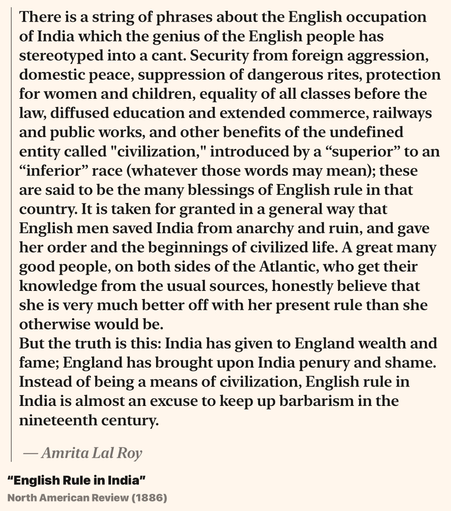How did the Korean March First Movement inspire other anti-imperial uprisings?
This week’s post is about the East Asian 1919 anti-imperial uprisings.
#TeachWorldHistory
https://www.liberatingnarratives.com/the-voice-of-national-self-determination-has-swept-the-world/
